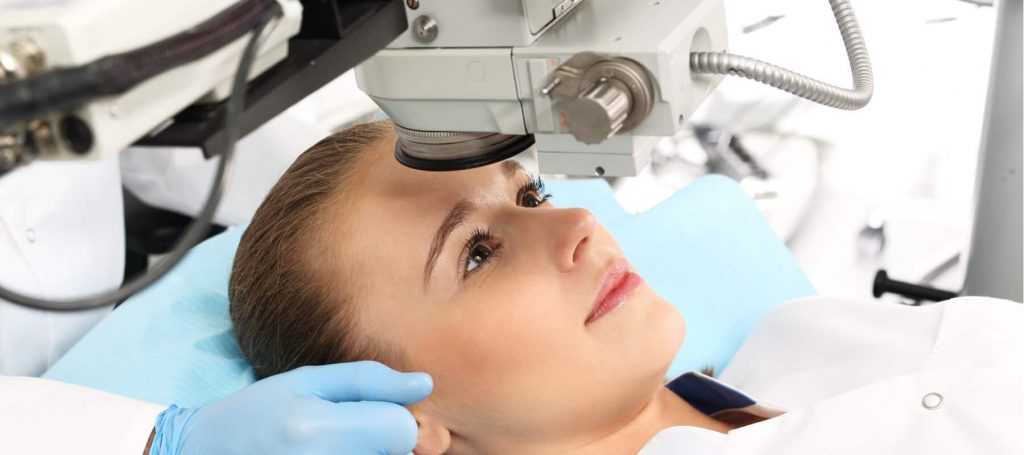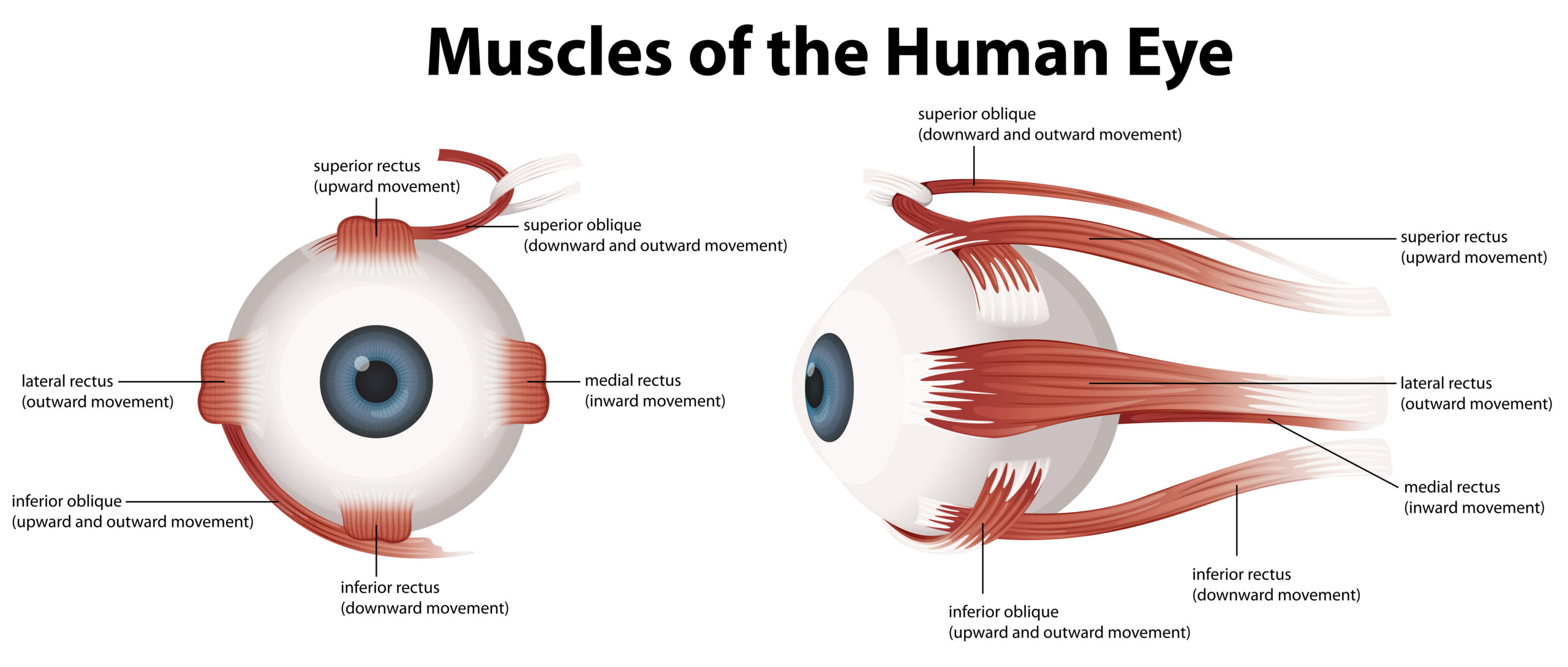Table of Contents
What is Laser Eye Surgery?
Laser Eye Surgery (Laser Vision Correction) is performed to correct vision in individuals needing glasses or contact lenses. Laser Eye Surgery can correct astigmatism, farsightedness or nearsightedness.
There are many different names and acronyms used in Laser Eye Surgery.
LASIK stands for LAser in-SItu Keratomileusis. Most people are aware of LASIK, or know someone who has had this procedure done.
PRK stands for Photo-Refractive Keratectomy Laser Eye Surgery works by reshaping the cornea at the front of the eye. This helps to correctly focus light at the back of the eye, on the retina.
Reasons to Perform Laser Eye Surgery
Laser Eye Surgery can be performed in patients who have blurred vision due to light not accurately focusing on their retina. This condition is referred to as the refractive error. There are three basic types of refractive error:
- Myopia or Nearsightedness: objects at far distance appear blurred.
- Hyperopia or Farsightedness: objects at near appear blurred, or can be difficult to focus on.
- Astigmatism: due to the eye not being shaped spherically, the person may find objects to be blurred at all distances.
Benefits of Laser Eye Surgery
Laser Eye Surgery can have significant benefits to a person’s quality of life.
- There is no need to wear glasses or contact lenses for day-to-day life
- It is a quick and well tolerated procedure
- The surgery is done under local anaesthesia
- No stitches or bandages are needed after surgery
Side Effects of Laser Eye Surgery
Side effects are usually transient, for the first few days after surgery, and depends on the exact procedure performed.
- Halos around images and bright lights
- Difficulty driving at night time
- Fluctuations in vision
- Scratchy or dry eyes
- Sensitivity to light
Contraindications to Laser Eye Surgery
Before going in for surgery, it is important to consult ophthalmologist, and surgery may not be recommended in the following situations:
- If you are below 18 years of age
- You are pregnant or nursing
- Are you taking some prescribed medication
- There have been recent changes in the prescriptions for your eyes
- If the corneas are thin or irregular
- Severe dry eyes
- Any other co morbid conditions such as rheumatoid arthritis, diabetes, or lupus
Laser Eye Surgery Procedure

The Laser Eye Surgery procedure begins with numbing eye drops. Patients also have the option to for a mild sedative medication taken by mouth.
In LASIK, a thin flap is made using a laser or blade. After this, the layer is peeled back, and a different (excimer) laser is used to reshape the underlying cornea. Once the reshaping is complete, the flap is attached back again, and the rest of the surgery is performed. The LASIK Eye Surgery procedure takes about 20 minutes. Recovery after LASIK is quicker than PRK. In the modern PRK procedure, no flap is created.
What happens after Laser Eye Surgery?
Eye drops are prescribed to reduce inflammation and the chance of infection. Persons who have gone through surgery may experience a burning sensation when taking the eye drops. LASIK is likely to make your eyes more dry, and the drops are also important to keep them moist. There may also be blurriness in the vision for some time after using the eye drops.
Patients tend to feel better after the surgery very soon, and the vision is likely to improve within 1 – 3 weeks. You must avoid using a hot tub or going for a swim for at least three weeks. You can also use a plastic shield to help cover your eyes while you sleep as per the doctor’s recommendations. You will need to go for regular checkups with the ophthalmologist to ensure no unwanted side effects of the Laser eye surgery.
Conclusion
Although there is plenty of skepticism around surgical treatment, patients can rest assured that Laser Eye Surgery has the potential to do wonders for quality of life. It is important to talk to your doctor about your suitability for laser surgery and to discuss risks and benefits.
Dr Parth Shah is an ophthalmologist who specialises in surgery and several eye-related problems concerning all ages. Dr Shah provides evidence-based treatment and implements the latest technology.













